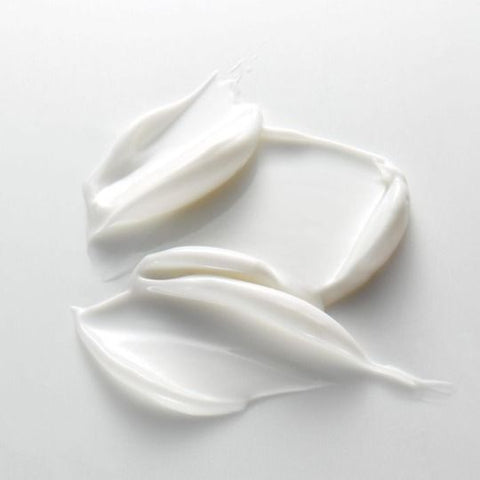By Katey Kristabelle

image via pinterest
Caring for skin during winter takes just a little extra time and effort because the environmental conditions can be harsh on the skin. Dry air with low humidity and indoor heating systems can dry out the skin and make it sensitive, flaky, dehydrated, cracked and itchy.

image via pinterest
These 10 tips will help keep your skin happy and hydrated through the winter months:
1. Focus on products that will help prevent transepidermal water loss such as more occlusive balms and butter textured products.2. Apply your skincare after using a hydrating mist because damp skin is more absorbent than dry skin
3. Incorporate hydrating and nourishing masks during your weekly self care rituals
4. Switch your cleanser texture to an oil, balm, or cream
5. Moisturize right after showers or baths to avoid dehydrated skin
6. Sleep with a humidifier at your bedside
7. Have dead sea salt bath soaks to soften skin all over
8. Exfoliate occasionally to help other products work better and encourage healthy cell turn over
9. Try sipping on aloe water or coconut water to hydrate your skin from within
10. Be aware of dehydrating food/drinks such as caffeine, alcohol, processed salts and sugars, vinegars, and soda pop.

image via pinterest
What Type Of Moisturizer Does Your Skin Need?
A moisturizer is intended to help keep your face hydrated, and to mimic or protect your skin’s hydrolipid skin barrier. It acts as a dam to keep the moisture of your skin sealed. When your skin is dry and dehydrated, your barrier can become impaired causing the skin to be sensitized, inflamed, and more vulnerable to the elements.

image via pinterest
There are three types of moisturizers:
oil-based, known as emollientswater-based, known as humectants
occlusive moisturizers.
Emollients – Emollients are oil-based moisturizers designed to rebuild the lost lipids in your skin. They hydrate, protect and smooth out your dry and rough skin. Besides these properties, they also act as a balancing agent for your skin’s microbiome to lower any inflammatory tendencies.
Occlusives – These moisturizers act as a physical barrier for your skin to prevent water loss. These are either wax, butters, or oil-based. The consistency of these moisturizers tends to be thicker and can be very protective and nourishing for the skin.





